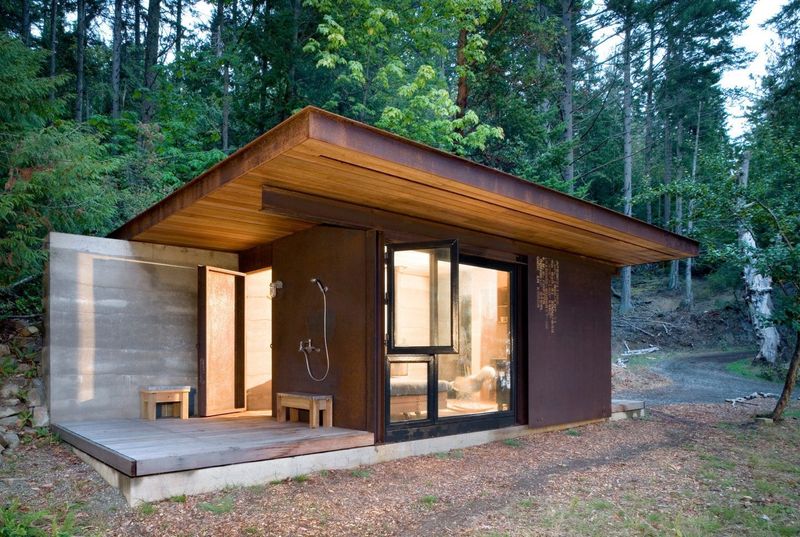At CityStructure, our vision is a world where every homeowner has a clear understanding of the development potential of their property. This is why we give you free access to the Untapped Development Potential for any property.
The sin and the beauty of the San Francisco code is its discretionary decision-making. This type of decision-making allows Planning Commission through Planning Department to overrule its code articles case-by-case. This works great when the decision is on your side...and not so great because it brings unpredictability in the process. Here is how it works...
Where this power comes from?
The Planning Commission derives its discretionary review authority from San Francisco’s Municipal Code under the Business & Tax Regulations Code, Article 1 Permit Procedures, Section 26 (a). The authority to review permit applications that meet the minimum standards applicable under the Planning Code is set forth by City Attorney Opinion No. 845, dated May 26, 1954. The opinion states that the authority for the exercise of discretionary review is “a sensitive discretion...which must be exercised with the utmost restraint” to permit the Commission “to deal especially with exceptional cases.” Therefore, the discretionary review should be exercised only when exceptional and extraordinary cases apply to the proposed construction, and modifications are required only where the project would result in a significant impact on the public interest.
The City Attorney’s Opinion was reviewed in 1979 and re-affirmed with Opinion No. 79-29, dated April 30, 1979, and the power of Discretionary Review has been upheld in the courts.
What means Discretionary Review?
The Planning Commission has discretion over all building permit applications. Normally, this discretion is delegated to the Planning Department, which approves applications that meet the minimum standards of the Planning Code, including the General Plan priority policies of Section 101.1 and Design Guidelines. From time to time the Commission will review a permit application. As part of their discretionary powers, they can require the permit applicant to make changes to the project. This process of Commission consideration is commonly known as “Discretionary Review” or simply DR. By filing a DR application, a member of the public is asking the Commission to exercise its discretionary power, effectively taking a second look at the proposed project. Discretionary Review is a special power of the Commission, outside the normal building permit application approval process. It is to be used only when there are exceptional and extraordinary circumstances associated with a proposed project.
Who may apply for a Discretionary Review?
Once the assigned planner determines the minimum standards are met and the project is approvable, the Department will mail a neighborhood notification to residents and property owners within 150 feet of the subject property, as well as registered neighborhood organizations. The notification period provides neighbors with the opportunity to assess the project and determine whether the project creates or contains any exceptional and extraordinary circumstances. If a member of the public or a neighborhood organization would like the Commission to assert its discretionary powers, a DR should be filed within the building permit notification period. Once a DR is requested, a hearing date will be set by the Planning Department within 12 weeks.
In addition to requesting discretionary review by the Planning Commission, one may appeal the issuance of the building permit to the Board of Appeals. Such an appeal may be filed within 15 days of the date of permit issuance.
When can a Discretionary Review be filed?
If no resolution is achieved between neighbors or with the help of Department staff, or Community Board mediation services, concerned parties may choose to file a DR. By filing a DR, the project will not be approved at the end of the building permit notification period, and instead, the project will be decided by the Planning Commission at a public hearing, where they will approve, disapprove or require modifications to the project. This hearing will typically occur within 12 weeks after the close of the building permit notification period. The Commission will make its decision based on the staff analysis, materials submitted by the permit applicant, DR requester, and other interested parties, as well as testimony at the Commission hearing.
Planning Commission Hearing Timeline
_ Eight (8) weeks before hearing: Project Sponsor submits project response to issues raised by the DR requester with graphics (plans, renderings, etc.) to DR Coordinator.
_ Six (6) weeks before the hearing: the project is reviewed by the Department’s design review team.
_ Two (2) weeks before hearing: Deadline for submittal of public comment to be included in the Department’s staff report to the Commission.
_ One (1) week before hearing: DR Coordinator delivers complete staff report packet to the Planning Commission Secretary.
Want your permits fast?
Answer these few questions about your project to find out if you may qualify to benefit from California's new State Bill 9 that lets homeowners to add more units on their property or even to split their lot.



